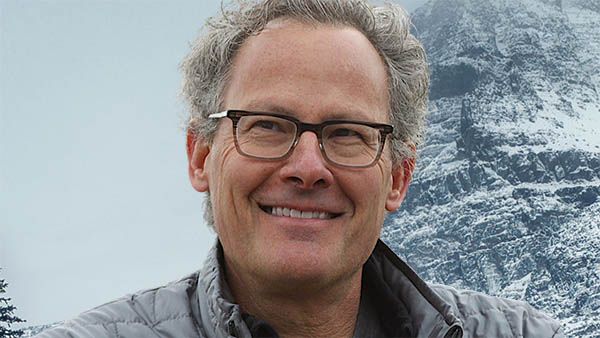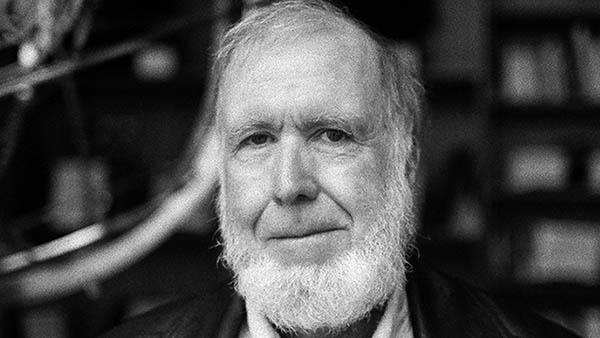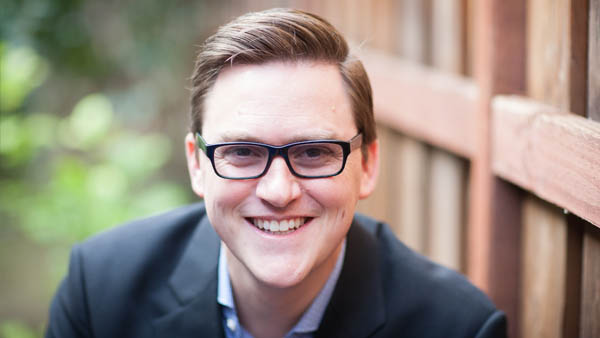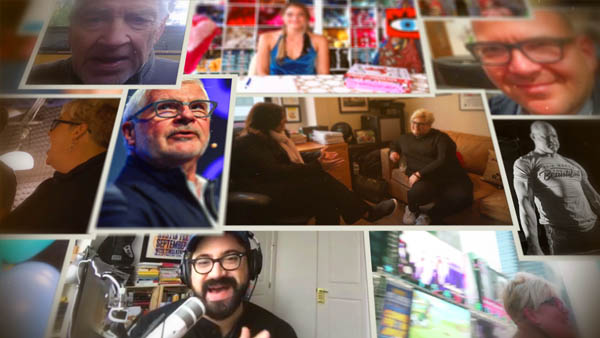Benjamin Bergen
Episode 22, What the F*
Profanity—it’s inescapable. Rather than dismissing its use as mere obscenity or an emotional expletive, Professor of Cognitive Science and author Dr. Benjamin Bergen is leaning into the use of these common four-letter words to reveal their roots, evolution, and what they indicate.
A Sonic Journey
To express something urgently, powerfully, and invoke an emotional response—that’s taboo language. There’s a secret science in profanity that they don’t teach in linguistics class.
So why do people curse? According to Benjamin Bergen, most swear words begin as harmless and functional. Their transformation into profanity comes through creative social slang. Eventually, the slang meaning takes over as the prevailing definition. After all, “cock” used to just mean rooster, and a thousand years ago, f*ck meant to hit, strike, or stab. Bergen adds that censorship of language is ineffective because like “whack-a-mole,” as soon as you strike one down, another pops up. It’s also true that once incendiary terms can devolve into the unprovocative.
Beyond their use as weaponized language, there is some good news regarding swear words. (Phew, since we all use them.) Bergen’s data reveals that profanity is often used to communicate excitement, love, or simply emphasis, and that there are health benefits. Cursing can relieve stress, motivate, and elicit the “fight or flight” effect with the release of adrenaline.
So go ahead, swear. In Benjamin Bergen’s professional opinion, these words and phrases aren’t inherently bad. What’s important is understanding their history and current power to identify the situations in which they may be appropriate or possibly incendiary and abusive.
Subscribe
Want to automatically receive each new episode as soon as it’s released? Choose one of the following options:
- For video, subscribe on YouTube.
- For audio, subscribe to Apple Podcasts, Spotify, or Google Podcasts.
Don't miss an episode!
What you’ll learn
- What is Cognitive Science (0:29)
- Why Benjamin Bergen is interested in the cognitive science behind profanity (1:18)
- What is profanity (2:29)
- The history of offensive language (3:40)
- Cultural differences (5:53)
- How everyday words evolve into offensive terms (8:34)
- The ways cursing follows its own grammar rules (25:55)
- Societal Rules of using profanity (28:26)
- The impact on children both negative and benign (32:55)
- Why censorship doesn’t work (51:40)
Resources
RELATED INTERVIEWS












